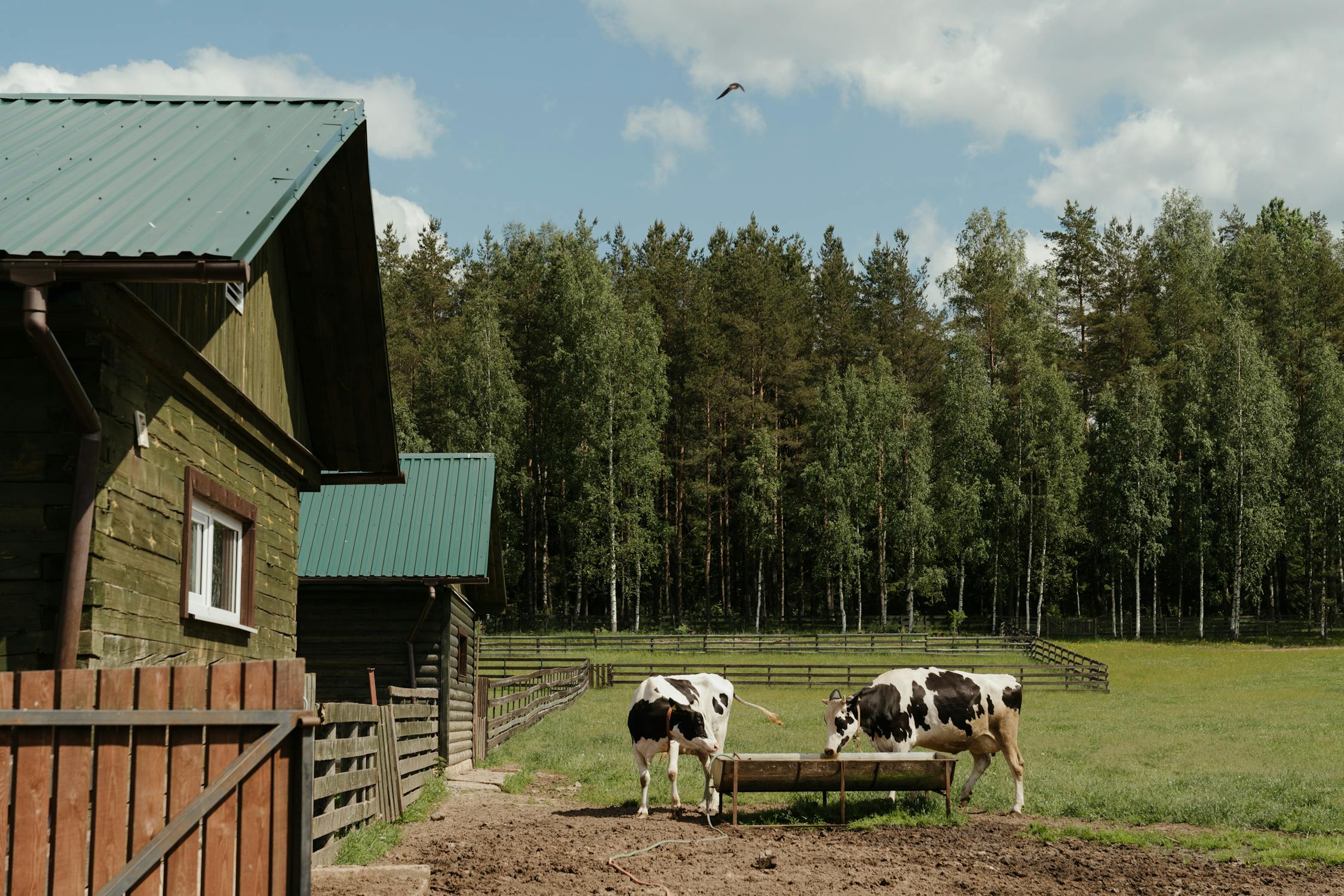
The U.S. Department of Agriculture (USDA) has introduced new guidance and testing procedures to tackle the issue of false or deceptive animal-welfare claims on meat and poultry packaging. Terms like "pasture-raised," "humanely raised," and "raised without antibiotics" have gained popularity among consumers and enable producers to command higher prices. For example, Perdue sells "free range" chicken breasts without antibiotics at Walmart for $5.78 per pound, while store-brand chicken breasts without such claims are priced at $2.79 per pound.
Both meat producers and animal welfare advocates have expressed concerns about the USDA's insufficient verification of these claims and their alignment with consumer expectations. While the USDA allows producers to define terms like "humane," this flexibility leads to significant variations in animal conditions. Despite the USDA clearly defining claims like "free range," some producers manage to circumvent the requirements.
The USDA has established the National Organic Program (NOP) to develop and enforce standards for the production, handling, and labeling of organic agricultural products. These standards ensure that organic products meet specific requirements and are produced without the use of synthetic fertilizers, pesticides, genetically modified organisms (GMOs), or irradiation.
USDA's Role and Challenges in Assessing Animal Welfare Claims
The USDA plays a crucial role in approving all animal welfare claims on meat and poultry labels prior to their sale. However, unlike "organic" claims that undergo in-person inspections by government regulators, animal welfare claims are substantiated through paperwork submitted to the USDA. Sandra Eskin, the USDA's deputy undersecretary for food safety, acknowledged that the agency lacks the regulatory authority to directly assess animal welfare claims on farms. Eskin emphasized the importance of fairness, stating that it is unfair when some companies follow the law while others do not.
Strengthening Regulations: USDA's Planned Actions and Definitions Revision
To address these concerns, the USDA plans to update its guidelines to require more comprehensive documentation from companies making animal welfare claims. The agency will strongly encourage companies to seek third-party verification from organizations like Human Farm Animal Care, a non-profit based in Virginia that certifies animal welfare claims. Additionally, the USDA intends to explore new testing methods to substantiate "no antibiotics" claims by detecting trace amounts of antibiotics in animals upon their arrival at processing plants.
The agency is also considering revising definitions of specific claims, a change that some producers have been advocating for. Perdue Foods, a major poultry and pork producer, recently urged the USDA to clarify the distinction between "free range" and "pasture-raised." Perdue pointed out that the USDA currently uses these terms interchangeably, even though "free range" chickens may roam in dirt or shrubs rather than true pastures.
Insufficient Documentation: Concerns Raised by Animal Welfare Institute
According to the Animal Welfare Institute, a nonprofit organization monitoring animal welfare claim submissions to the USDA, 85% of the 97 claims reviewed had insufficient documentation to support the claims. Dena Jones, director of the Animal Welfare Institute's farmed animal program, criticized the inadequacy of substantiation, noting that it often consists of just a sentence or two asserting humane practices.
Jones acknowledged the USDA's overwhelming influx of new claims as producers strive to meet consumer demand for higher animal welfare standards. Last year alone, the government received over 120 label applications each week. However, she commended the steps being taken by the USDA, particularly its efforts to promote third-party verification. Jones remarked, "It benefits the animals, the earth, the farmers who are spending more money to improve their practices, and it benefits the USDA because it makes their process easier."
